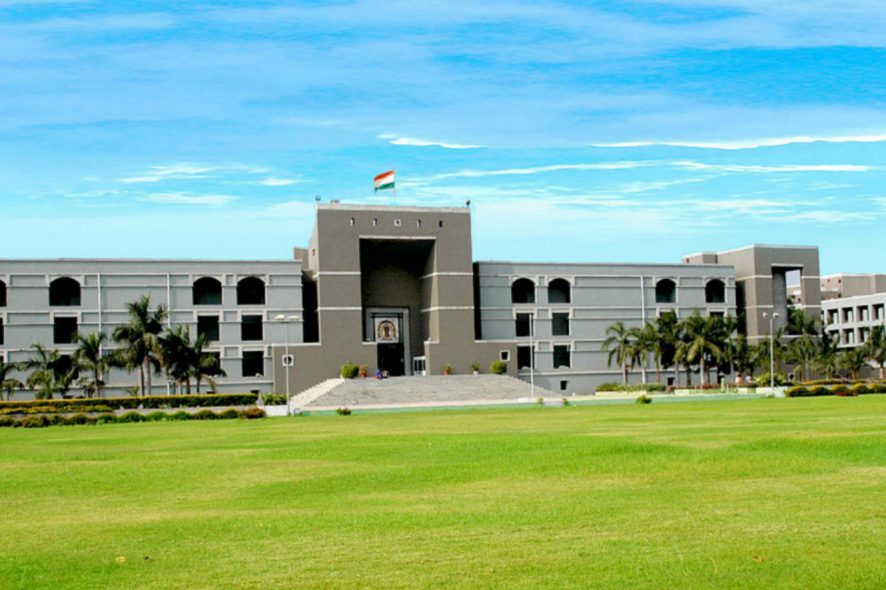Gujarat High Court: A.P. Thaker, J. decided over a petition wherein the case of the petitioner was that the properties in question were originaly private properties of Guru Keshavdas, and after the death of Guru Keshavdas, Guru Karsandas became the Mahant and succeeded the properties under his Will. On the death of Guru Karsandas his chela Guru Atmaram became Mahant and succeeded to the properties of Guru Karsandas under his Will dated 08.12.1941. Thereafter, Guru Atmaram died leaving his Will dated 06-05-1947, appointing Guru Ranchhodas as Chela.
Second Class Magistrate Baroda held that Ranchhodas was shishya and heir of Guru Atmaram. However, the then District Magistrate set aside the order and held that Guru Ranchoddas had failed to prove that he was shishya of Guru Atmaram. Against that the petitioner had filed Civil Suit which came to be finally disposed of by the Supreme Court in appeal filed by Guru Ranchoddas with a finding that he has failed to prove that he was appointed as chela or shishya by Guru Atmaram. In the year 1968, during the pendency of the suit, one Vitthaldas Patel had applied for registration of the said Ramji Mandir as public trust. Assistant Charity Commissioner in this respect held that the properties of the Mahant were of his ownership and were not any properties of any trust. The said decisions had become final as there has not been any further proceedings undertaken under the Bombay Public Trust Act, 1950.
Thereafter, Guru Ranchoddas under his Will appointed the deceased petitioner no.1 as his
Chela or heir. The Government of Gujarat took a decision to handover the property to the deceased petitioner no.1 immovable properties and cash of Ramji Mandir under temporary custody of Mamlatdar Vadodara.
After llistening to the arguments of the parties it was established that property in question does not belong to the government. Not only it appears fom the record that the property is of private property of late Mahant Atmaram but also the government has assessed the property as unclaimed property. The Court noted that the deceased petitioner was
declared to be a “Chela” or heir of Guru Ranchhoddas by his Will. The petitioner approached the Court of Civil Judge for Succession Certificate by filing Succession Application and while it was pending decision to hand over the movable and immovable property in favour of the petitioner was taken by the then State Government and proceeding of entrustment of properties to the petitioner was initiated. In that view of the matter, the petitioner withdrew said Succession Application for issuance of succession certificate due to decision of earlier State Government of handing over movable and immovable property to the petitioner. Thus, the petitioner has relinquished his right to get succession certificate.
Next government had stayed the proceedings and intimated the Collector to keep inabayance of the order and granting the properties in favour of the deceased petitioner. Upon considering the averments made in the affidavit in reply it clearly appears that at no point of time any opportunity was given to the petitioner. It is tried law that any order affecting any legal rights of any person, an opportunity of being heard needs to be granted especially when there is one order passed in his favour in respect of moveable or immovable property and the same order has partly implemented. Therefore, it is immediate requirement of principles of natural law and before passing any adverse orders such persons needs to be granted appropriate opportunity of being heard.
The Respondents were directed to give appropriate opportunity to the petitioners of being heard for cancellation of the order of granting moveable and immovable property in favour of deceased petitioner 1.[Mahant Suryaprakash Ranchhoddas v. State of Gujarat, 2022 SCC OnLine Guj 94, decided on 02-02-2022]







